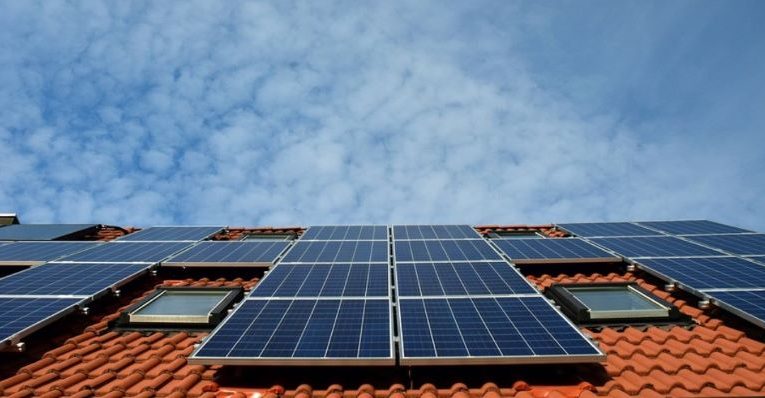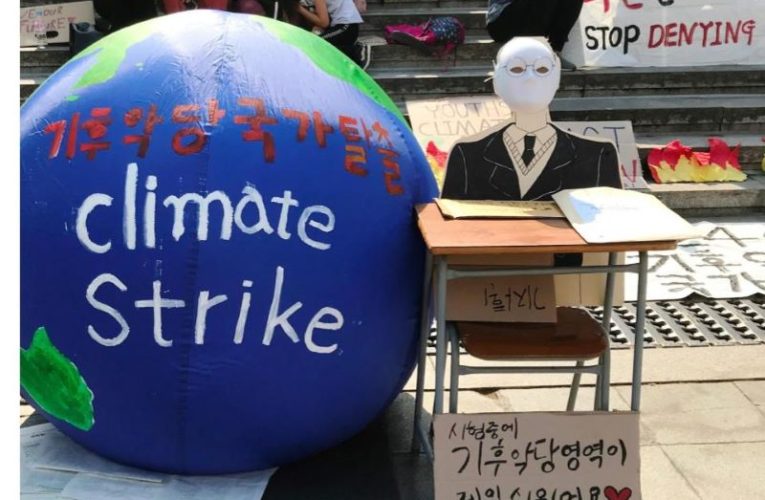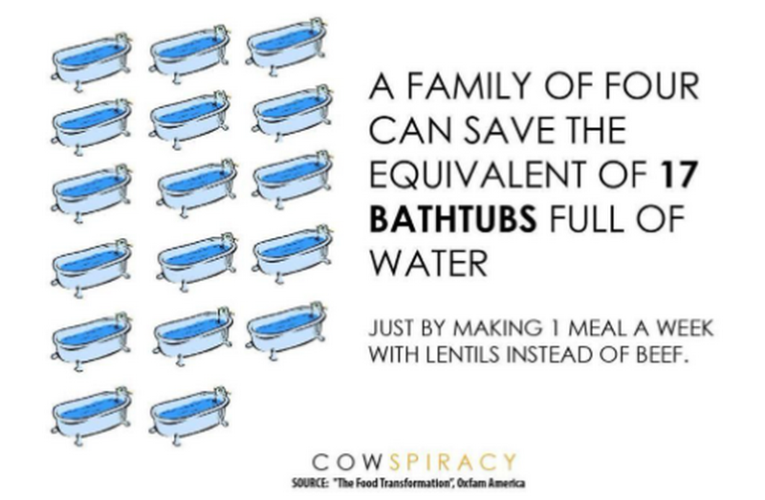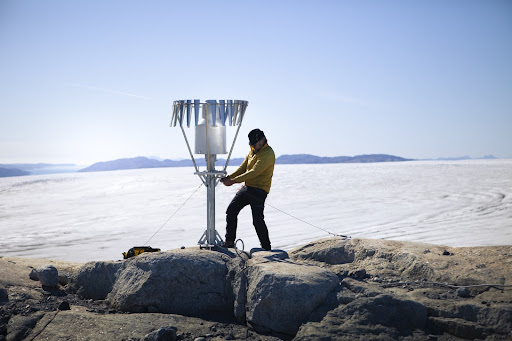Converting energy resources to a useful power source such as electricity is the biggest achievement made by humans. Human life is almost unimaginable without electricity. Electricity plays a fundamental role in our daily life due to its significant importance and widespread use. A plethora of natural energy resources are available on Earth such as solar, wind, geothermal, fossil fuels, ocean energy, etc. Among these energy resources, solar energy is a long-persisting energy source. Solar energy is a renewable resource, and the energy can be harnessed without depletion. There are various ways to convert solar energy to useful purposes such as solar heaters, solar panels, solar cookers, and more. Solar panels are one of best sustainable and renewable energy source to provide 24/7 electricity without emitting greenhouse gases or air pollutants, unlike fossil fuels. Solar power helps in reducing our carbon footprint, mitigating climate change, and improving air quality, leading to a cleaner and healthier environment for both present and future generations. Solar energy provides individuals and communities with the opportunity to generate their own electricity. By installing solar panels on rooftops or utilizing solar farms, people can reduce their reliance on centralized power grids and imported fossil fuels, thereby achieving energy independence, and enhancing energy security. Solar energy can easily reach areas that are not easily accessible by traditional power grids. Remote communities or regions with limited infrastructure can benefit from solar power systems, which can provide electricity for lighting, communication, education, healthcare, and other essential services. Due to continuous solar demand and growth, it also creates numerous jobs.














